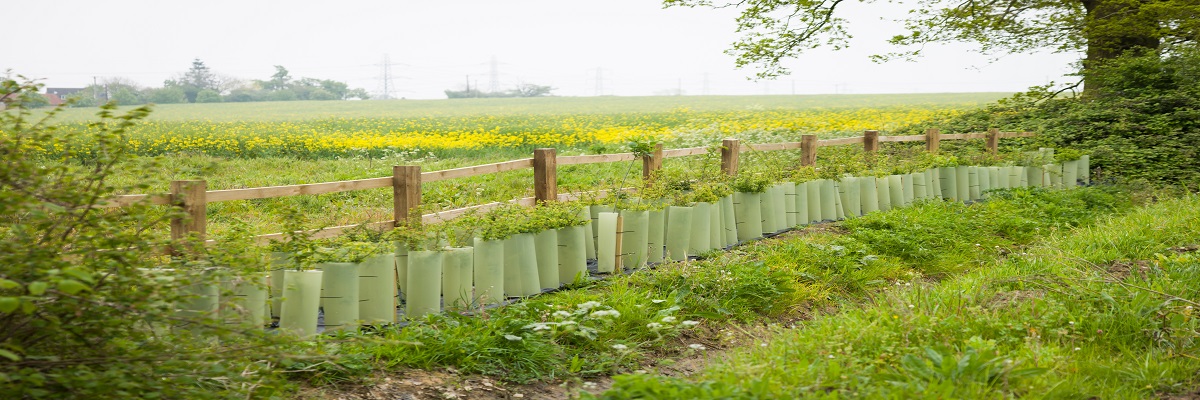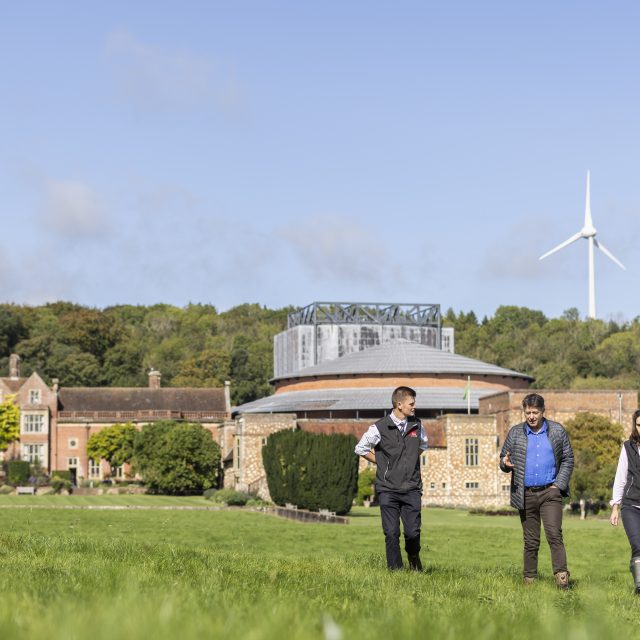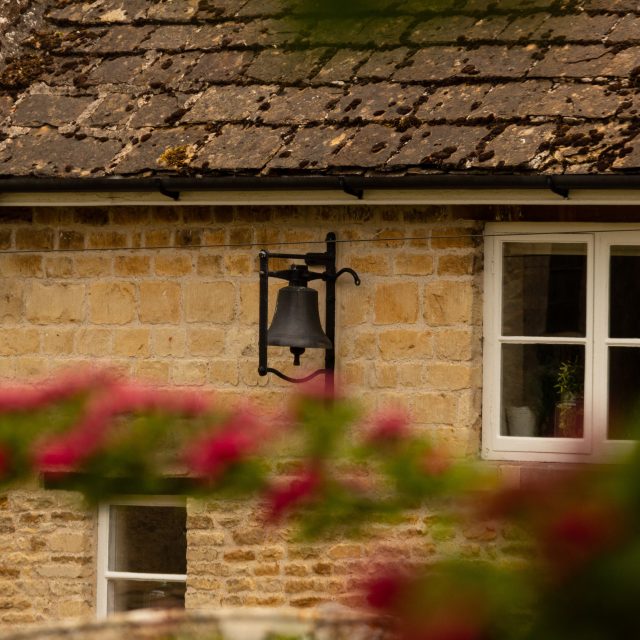Capital Grants scheme reopens in England
Defra has announced the reopening of its Capital Grants scheme, which provides funding to cover part or all the cost of activities or equipment which will help the environment and support habitat restoration.
The scheme had been closed for new applications since November 2024.
There are 78 items available through the Capital Grant offer, which are grouped into six areas:
- Air quality – includes automatic slurry scrapers and planting individual trees.
- Assessments – includes creating a wildfire checklist and assessing woodland condition (these are new options for 2025).
- Boundaries, trees and orchards – includes repairing stone walls, hedge laying and hedge planting.
- Natural flood management – includes construction of leaky wooden dams and equipment to disrupt tramlines in arable areas.
- Improvements – educational access visits (new option for 2025).
- Water quality – includes fencing, construction of tracks, concrete yard renewal, biofilters and slurry store covers.
A funding cap applies for four of the item groups, as detailed below:
- Air quality – £25,000 maximum
- Boundaries, trees and orchards – £35,000 maximum
- Natural flood management – £25,000 maximum
- Water quality – £25,000 maximum
There is no funding limit for the items in the ‘assessment’ or ‘improvement’ groups.
Top tips
>The scheme will operate on a first come, first served basis and with high demand expected, it will be important to act as soon as is possible.
> The scheme is a fantastic opportunity to carry out improvements – for example, covering slurry lagoons, concrete yard renewal or covering sprayer washdown areas. But it may not be possible to complete some projects within the £25-£35,000 cap set for grants in the main item groups, meaning additional money will need to be found.
> Carefully assess your cash flows and the expected outcomes before applying. The grant will require businesses to cover 100% of the project cost up front, with reimbursement coming later. Make sure the finances add up, and that any investment aligns with your long-term business strategy.
>Applicants will need approval from a Catchment Sensitive Farming (CSF) adviser for capital items that help improve water and air quality. This will involve booking an advisory visit or consultation.
UPDATE ON 29 JULY – 75% OF FUNDING IS NOW ALLOCATED SO APPLY AS SOON AS POSSIBLE (BUT THERE IS NO GUARANTEE YOU WILL BE FUNDED).






